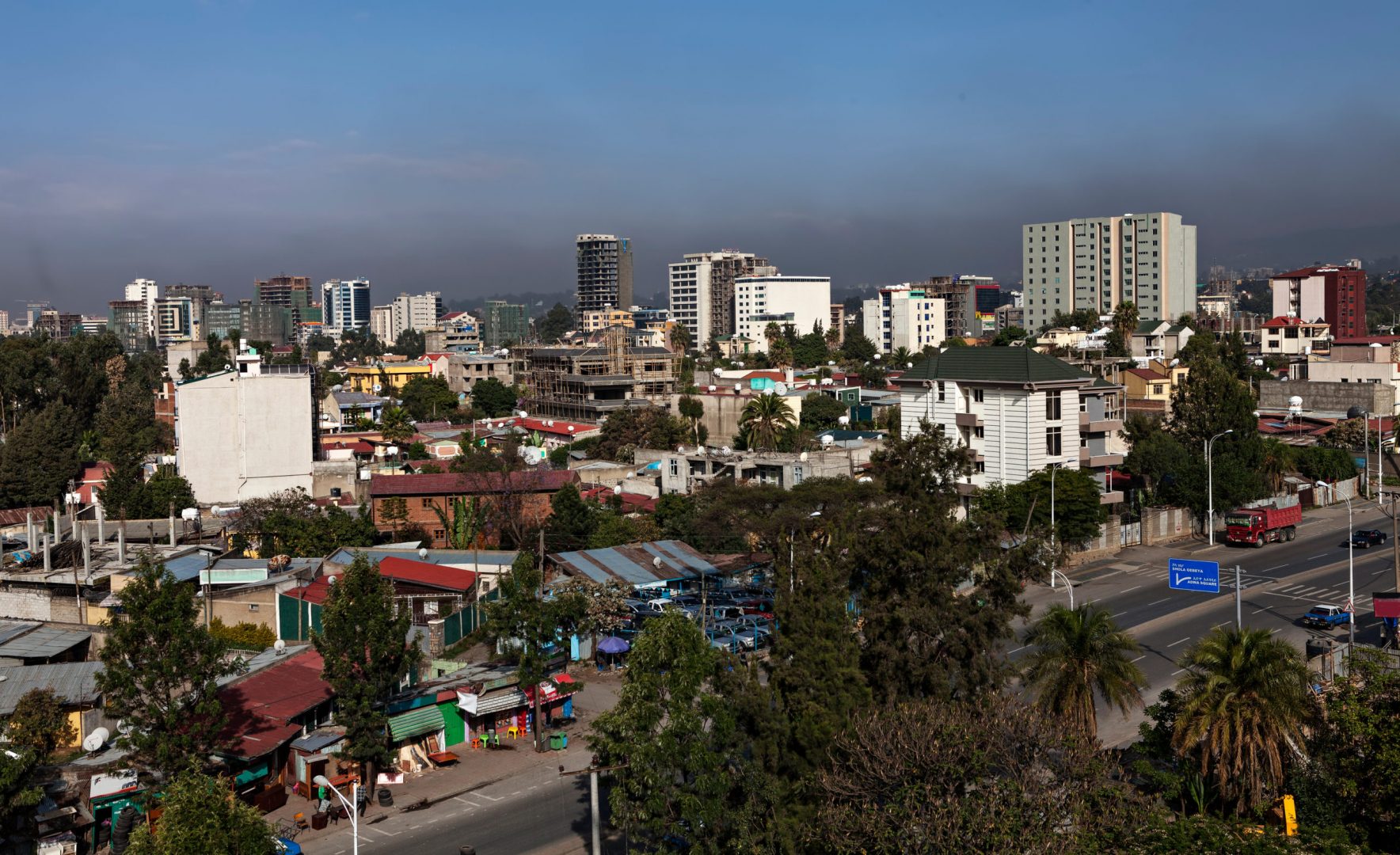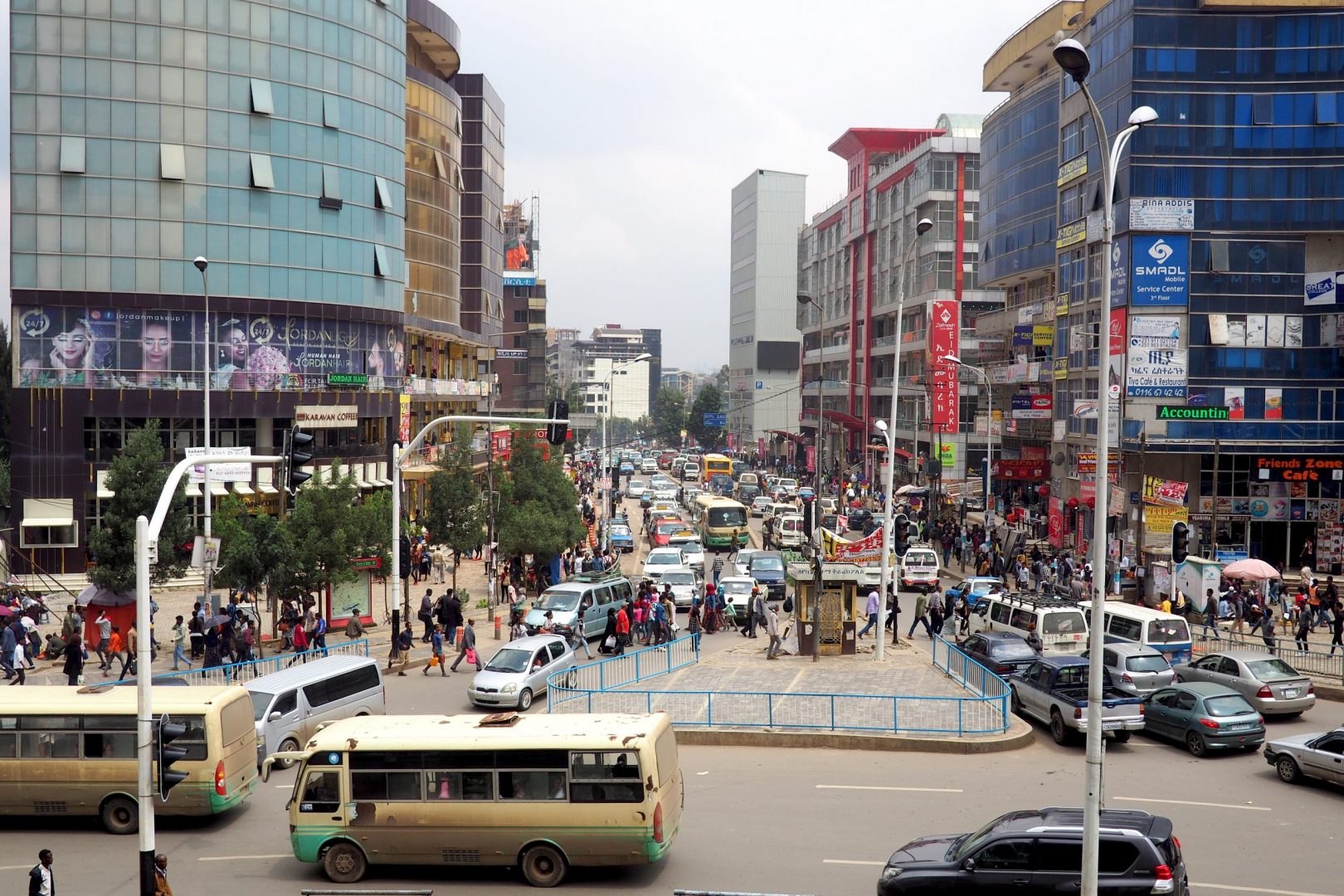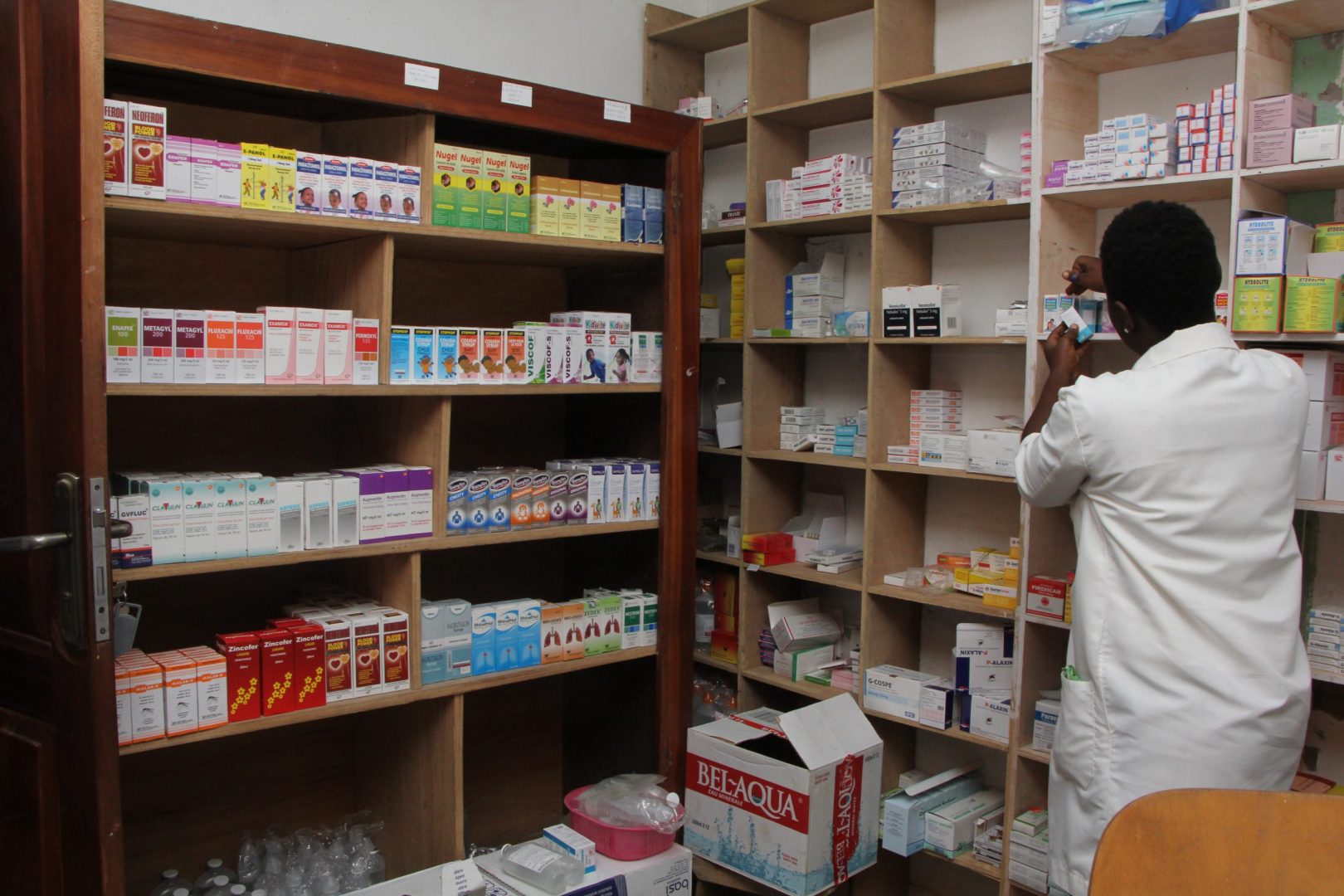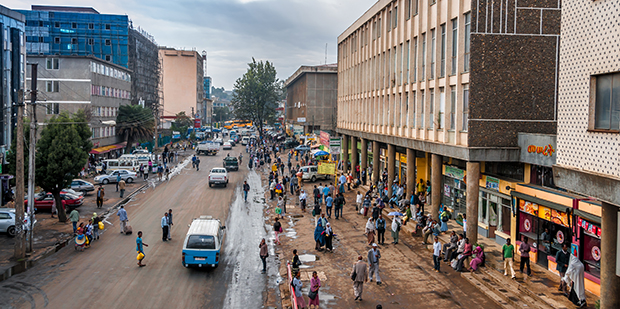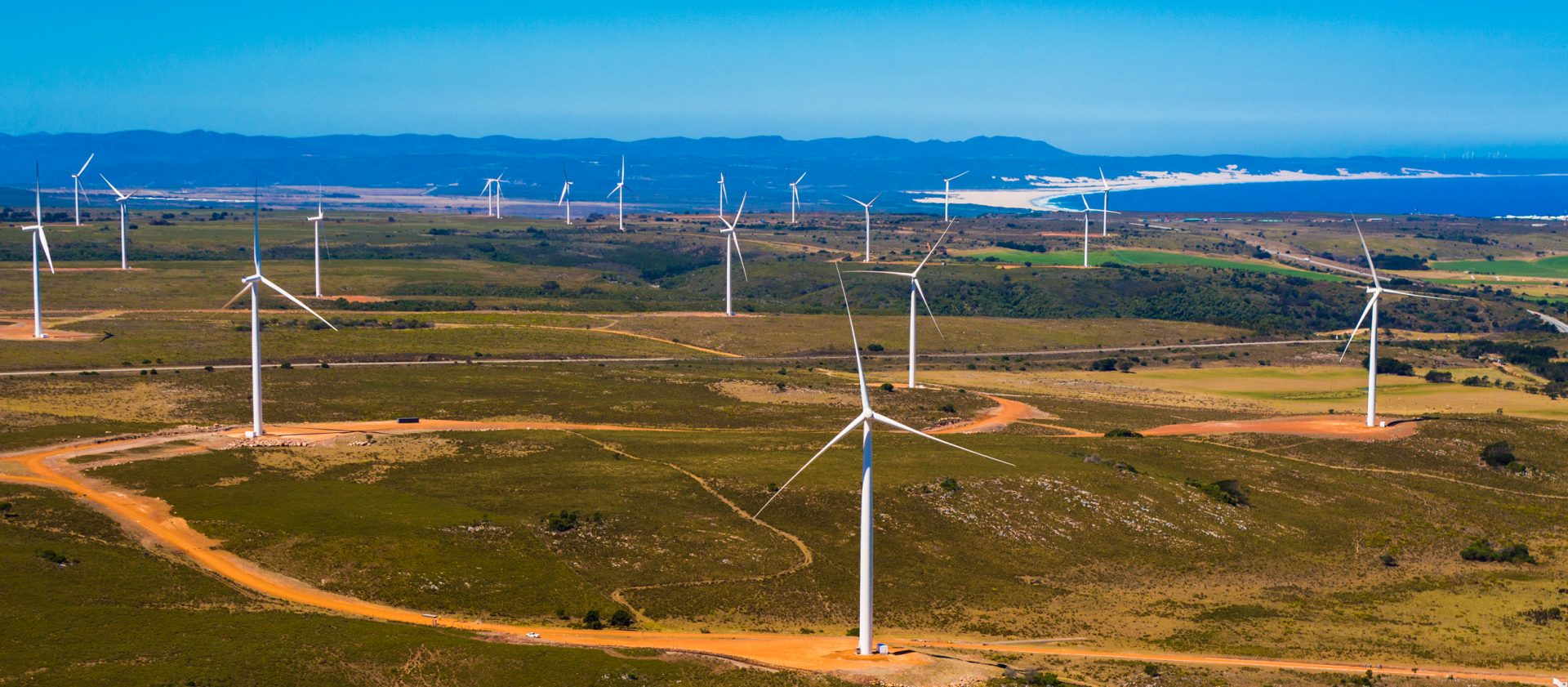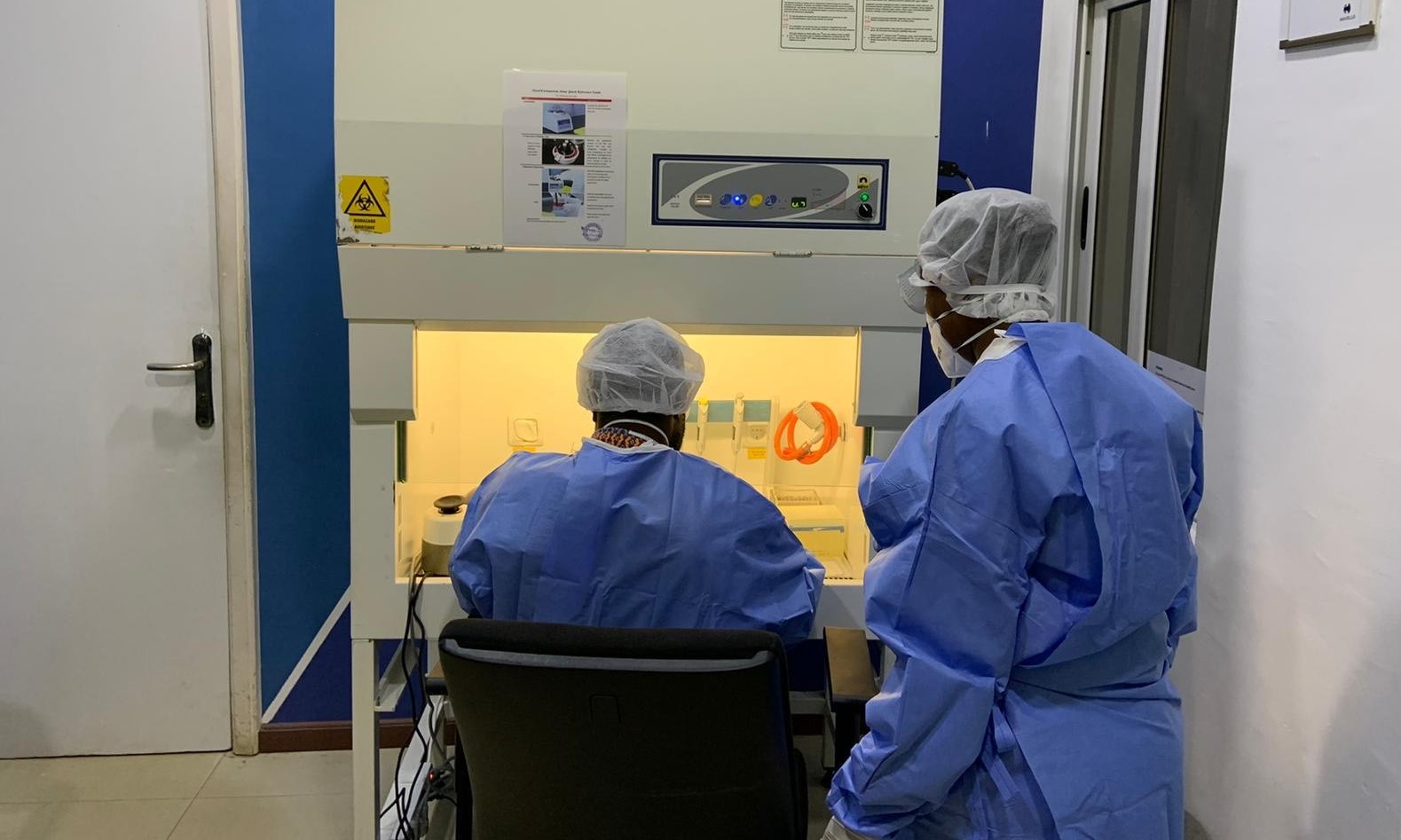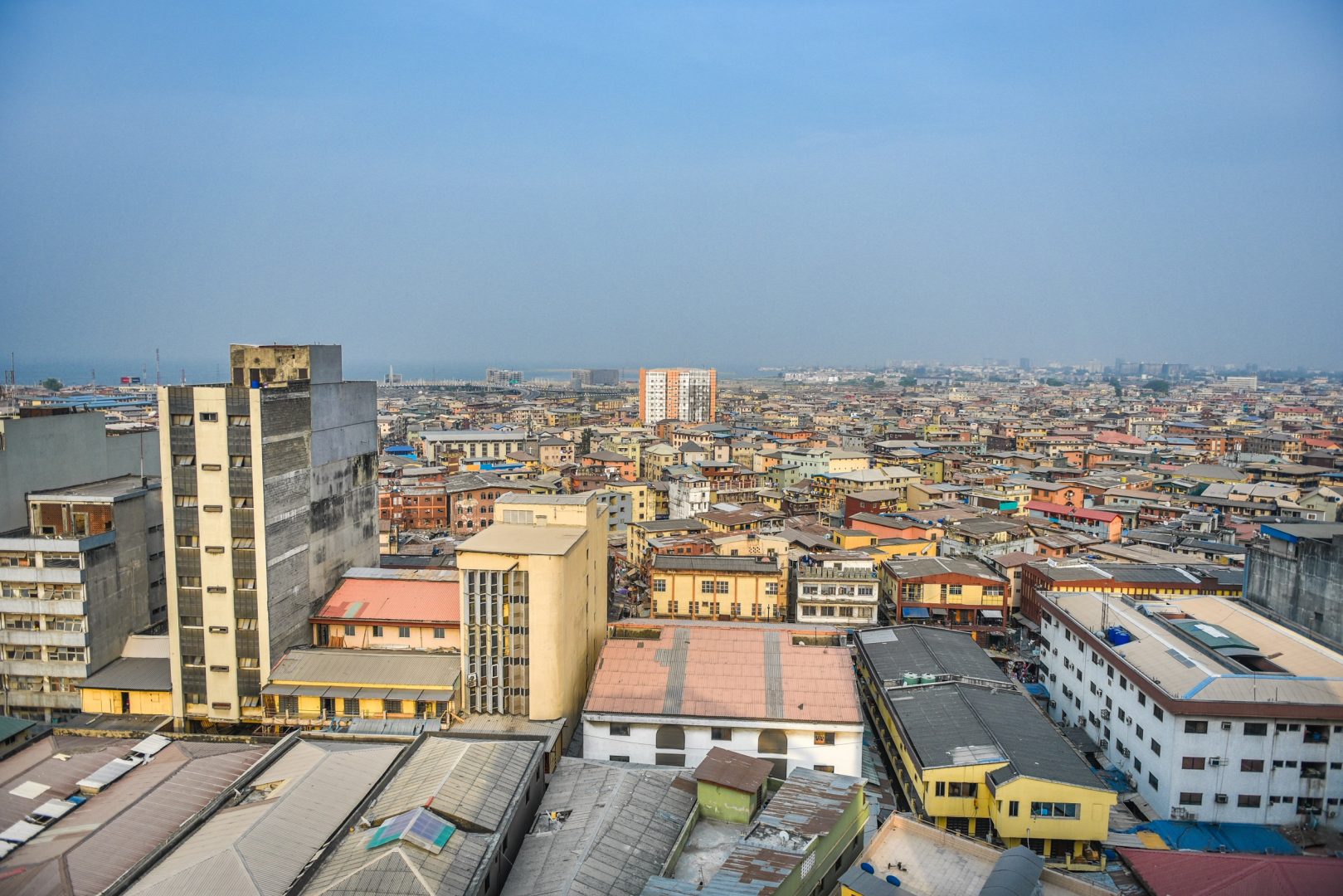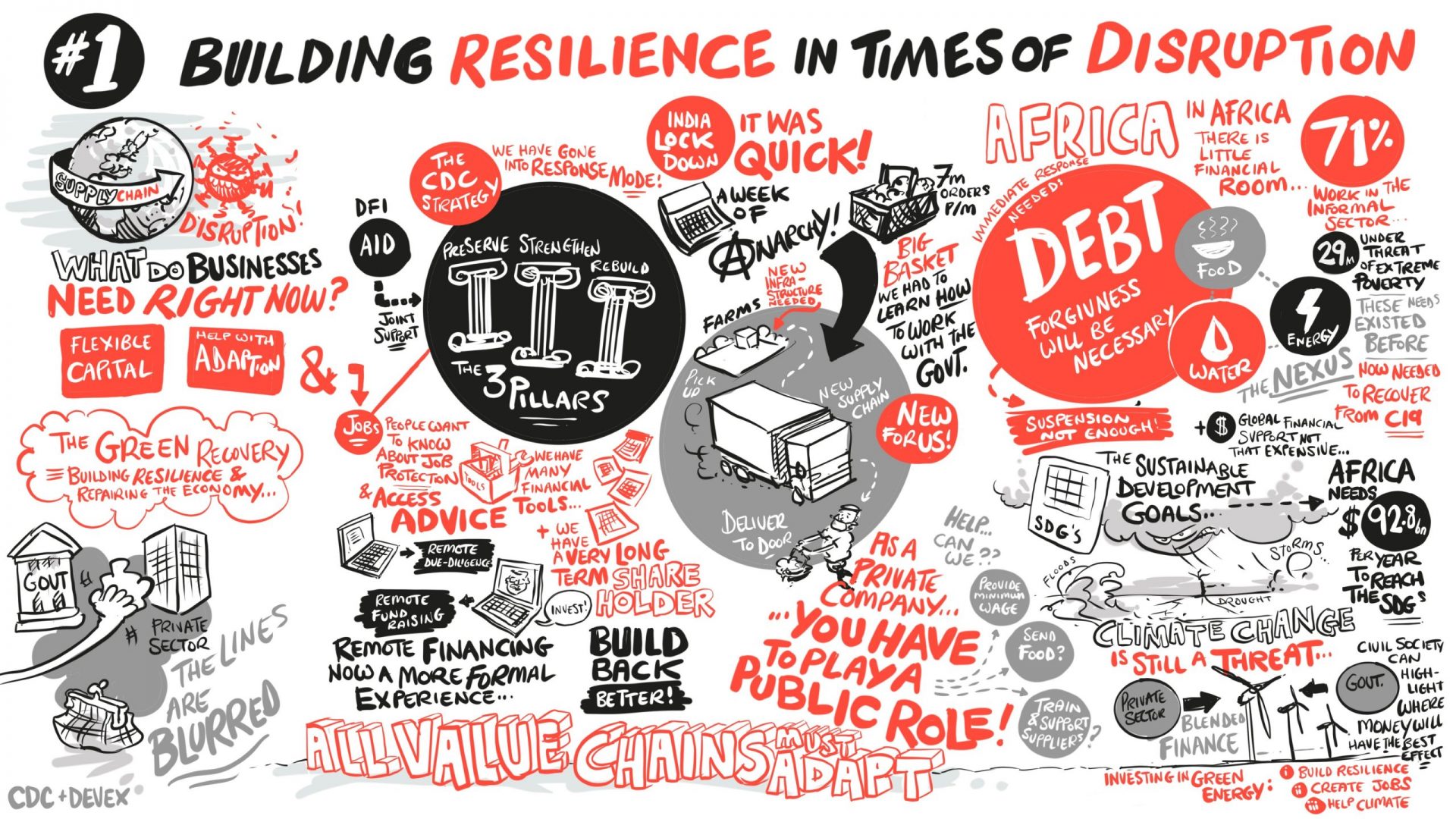What will global governance and development look like in the post-pandemic era?
Professor Ngaire Woods, Dean of the Blavatnik School of Government and Professor of Global Economic Governance at Oxford University, says that while there have been governance failings during the pandemic it has also led to international cooperation on issues such as debt suspension which could pave the way for more collaborative development approaches in the future.
At our Insight event in March 2021 Professor Woods joined our Head of External Affairs Colin Buckley and our Country Director of Ethiopia, Vivianne Infante to discuss how we can address the global governance and development weaknesses exposed by the crisis.
International cooperation was at the heart of the discussion; the need for countries to put aside different views on their own governance and find ways to work together to tackle global challenges.
“There are some issues that no country can deal with on its own, like managing the pandemic, like averting the financial crisis, which is now hard upon us, and like dealing with climate change. And if we don’t deal with those three issues cooperatively there will be many millions more people who suffer terribly,” she says.
You can watch a recording of the event here
Throughout the pandemic the Blavatnik School has been tracking the response of national governments to the crisis. As well as revealing failures, it has also shone a light on unexpected successes of some countries in managing the crisis.
This may be, Vivianne Infante from CDC says, because many developing nations are used to cycles of crisis and as a result, they have an inherent resilience and pragmatism. Many countries did not have the luxury or resources to afford full lockdowns and so have had to find ways to adapt to the risk and realities of the pandemic. Take Ethiopian Airways, the country’s national airline. When passengers stopped travelling the company switched many of its flights to carrying cargo or assisting national governments to repatriate their citizens. Likewise, she says, the balance sheets of Nigerian banks have been built through crisis and so for them operating in these conditions is their ‘modus operandi’ and they are prepared.
However, these examples of pragmatism in response to COVID cannot hide the reality that many developing economies began the crisis already in debt and their situations have only worsened. The option to grow out of the debt doesn’t exist, Woods says, they must focus on containing the pandemic. They must try to maximise new financing and restructuring the debt.
“New financing is crucial but what we’re seeing in the international realm at the moment is a real reluctance to sweat the international institutions,” says Professor Woods. “We’ve got to say look, if we pooled our credit in the IMF and World Bank, we have the capacity globally to deal with this crisis…. We have got to work counter-cyclically.”
Professor Woods argues that while institutions like the World Bank are often risk averse and disinclined to act counter cyclically, if the limit is pushed on the balance sheets of these institutions, then it is the wealthiest nations who are the guarantors. And If they want to see a sustainable recovery, it is a risk they should be prepared to shoulder. Furthermore, she says that these efforts should be focused on countries where financing programmes, such as those run by the IMF, do not currently exist. This approach is likely to be cheaper in the long run for nations and bilateral institutions, rather than waiting for another crisis and having to put in place measures to try and mitigate the impacts.
But it is undoubtedly complex. Debt is no longer just a result of lending from government to government, there are often several multilateral institutions involved. And for private investors, there is concern that they may be drawn in end up taking on more risk than they want.
However, Infante points to Ethiopia as an example of a recent debt restructuring via an existing IMF programme. While there was initial panic among investors, the effort has in fact put Ethiopia in a better position to satisfy its obligations and attract foreign investment.
Plus, Professor Woods says, we have seen broad cooperation between even fractious nations such as China and India during the pandemic on solutions such as debt suspension.
“That cooperation can be nurtured and can continue. With a cooperative framework in place, I think new investment can be relatively secure in going in,” she says.
“I’m optimistic that we can build cooperation on these international issues but I think it’s going to take huge attention by all parties – by bilateral finance organisations, by multilateral finance organisations – and a lot of quiet work behind the scenes to find the wind sets and ensure we can put them in place underneath all the rather loud contestation among politicians.”
Along with government programmes, trade and investment must play a central role in a sustainable recovery from the crisis. But both Professor Woods and Infante agree that the world is increasingly complex and interlinked between different actors in both the private and public spheres and what we are likely to see is a push to rationalise the “patchwork quilt” of trade agreements to avoid costly transactional burdens on nations.
Yet, despite this myriad of complex issues entangled as part of any recovery or governance plan, there is optimism. The resilience and pragmatism of nations, such as Ethiopia, which have adapted to the realities of COVID, new and emboldened leadership at the World Trade Organisation under its first ever African Director-General Ngozi Okonjo-Iweala, and evidence throughout this crisis of considered international cooperation and a push to see a sustainable recovery.
This article is based on discussions at our recent event ‘Reimagining global governance and development in the post pandemic era’, part of our Insight event series. Catch up on the event recording, listen to the podcast below and find out about our future events.
